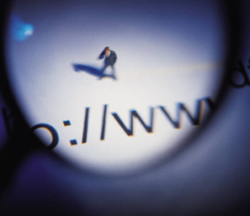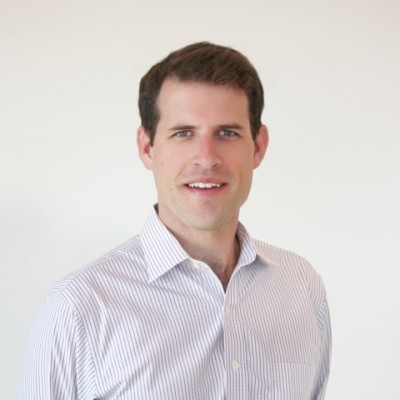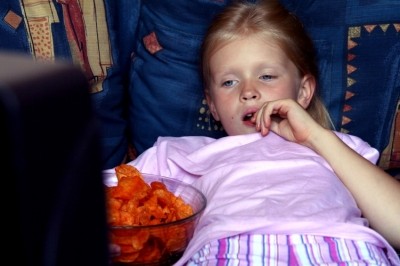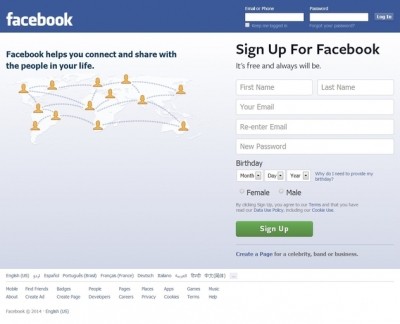Big Data and Big Food: Where to draw the line?

“There will surely be lots of benefits to Big Data, but as with any new technology, there have to be safeguards,” Joy Spencer, associate director at CDD, told us. “That’s part of the foundation of the United States, establishing checks and balances and safeguards for citizens.
"I think the Big Data industry unfortunately hasn’t been held accountable, and it’s still not being held accountable. It’s still a new beast, and not everybody understands it yet. But fair information practice and privacy protection rules exist that predate the internet age that should inform our understanding.”
Indeed, CDD was one of 28 consumer, child advocacy and public health groups that submitted a letter last week to the Obama administration during the public comment period for its review on the impact of Big Data, urging it to limit data collection ensure young people are protected from data-driven marketing practices that could adversely affect their health. A White House report on the issue is due this month.
Because the food and beverage industry is on the cutting edge of digital targeting and tracking, advocacy groups are raising concerns over the possible damaging effects of its use of Big Data to target consumers.
“CDD's biggest concern relates to data collection, so I can't speak for all the other groups," Spencer said. "We spend a lot of time looking at how companies collect data for profiling, tracking, predictive analytics and targeted marketing. The food and beverage industry is at the forefront of these new types of digital targeting and tracking techniques. They’re using sophisticated ways of targeting consumers, especially vulnerable groups like children and teens.”
In the current environment of “data maximization”, Spencer says that the notion of everyone being fair game has become the default.
“The cavalier attitude companies have about data collection—to just collect everything and see what we can do with it—that’s the wrong approach, especially for children and teens. It’s a question about what’s appropriate in terms of data collection and what protections we should have for teens. We protect them in other ways, with safeguards like a drinking age and a driver’s license age. It seems ludicrous that we’re confused about why we should protect their data online.”
Marketing based in predictive analytics and personal data is a ‘different beast’
While CDD primarily advocates for privacy rights regarding data collection, Spencer also flagged consumer and public health advocates’ concerns surrounding data-driven marketing. What differentiates today’s online marketing from traditional, more unilateral forms such as billboards and TV or magazine ads is it’s sophisticated and much more intimate, she said.
“Marketing based in predictive analytics and people’s personal data is a completely different beast,” she said. “It is very intimate. It comes across on intimate devices like our mobile phones or laptops; it adjusts to the device and is continually tracking us, using things like predictive analytics to anticipate and shape our preferences. It uses information from our lives and experiences in ways marketing hasn’t been able to use in the past based on focus groups.”
Part of the problem is the public’s general lack of awareness of data collection’s reach—that, for example, Facebook is still collecting their information when they’re logged into a different computer or when they walk into a drug store and use their loyalty card app on their smartphone.
“There are a lot of concerns we have for adults, but even more so for kids and teens with unique developmental vulnerabilities that are well documented. They have less ability to understand and know when they’re being marketed to, and they’re heavily influenced by their peers; and that’s bread and butter of online marketing."
How do you distinguish what’s marketing when the lines are increasingly blurred?
Moreover, the influx of user-generated advertising content, where the consumer is put in a position to create a platform or even generate their own ads, further confuses what’s marketing and what’s not.
“Food and beverage companies are getting a lot from user-generated content—enlisting consumers to help come up with new flavor of Frito Lay, for example, and calling on them to share those flavors on social media with friends. It's positioned as a fun contest or sharing forum. Is that marketing or is that not marketing? How do you distinguish the lines where increasingly blurred?”
Big Data not being held accountable
Because data affects everyone, Spencer said it’s crucial that the issue be tackled on a broad scale. In February CDD also sent a letter calling on the administration to finalize legislation the Consumer Privacy Bill of Rights, which was floated as a blueprint for privacy in the digital age.
“We’re still waiting to see what that might look like,” she said. “It’s long overdue. Everything is about data now. It affects everyone and can’t be done at a piecemeal level. It needs to be opened up and tackled at a broad scale level with real safeguards."











